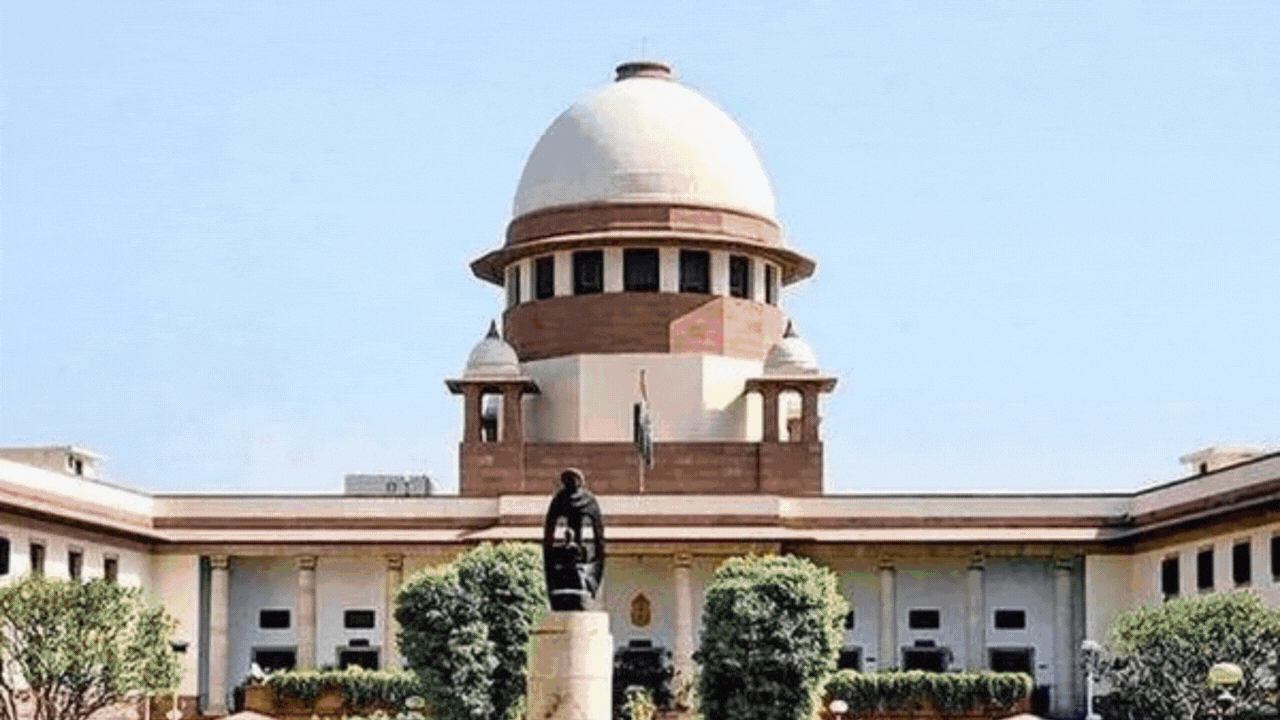Article 370 verdict: Ruling shows Pakistan has no locus standi on J&K internal affairs

With the India-Pakistan relationship having gone into hibernation, and more so when both countries are poll-bound, the Supreme Court J&K verdict is unlikely to trigger any sudden or dramatic shift by either country in its approach to bilateral ties.
What the judgement does do, however, is place the decision to revoke the special status of the erstwhile state on a more solid legal footing, thus allowing India to present it before Islamabad as a fait accompli, and underscore India’s position that Pakistanhas no locus standi in internal affairs of J&K.Ironically, it also inspires hope of an India-Pakistan detente once the newly elected governments are firmly in saddle by the middle of next year.
In a bitter but expected response to the Court’s upholding of the abrogation of the special status of J&K, Pakistan’s caretaker foreign minister Jalil Jilani said the endorsement by a ‘pliant judiciary’ had no legal value and that statehood and elections cannot be a substitute to the Kashmiris’ right to self-determination.
Amit Shah: ‘Supreme Court verdict proved that abrogating Article 370 was completely constitutional’
However, the order to ensure early return to statehood is also at least potentially a face saver that Islamabad has been looking for to untangle the knots it had tied itself in on J&K, its ‘core issue’ in ties with India. After India amended Article 370 of the Constitution, which provided special rights to J&K, in August 2019, Pakistan downgraded the relationship by recalling its high commissioner, something India was never keen on, and snapped trade ties. Beyond the bluster it has found difficult to carry through, and as has been reported earlier, Pakistan has looked at restoration of statehood as the least India can do to facilitate a return to dialogue and diplomacy to address J&K and other issues.
“The SC order (on statehood) does open up a window, but we will first have to wait for the elections in both countries,” says ambassador Ajay Bisaria, who was India’s high commissioner to Pakistan in August, 2019.
According to Bisaria, the judgement also effectively endorses the government view that Pakistan is not a stakeholder in the internal administrative arrangements relating to J&K. “India can at best have a conversation with Pakistan on the issue of territory, where both countries have well defined positions,” he said.
India spends 18 times more in Kashmir than what Pak spends in PoK: Kashmir Cultural Centre Director
Provoked apparently by the mistreatment of Indian diplomats in Islamabad the, the Indian government expelled dozens of Pakistan officials and halved the strength of its mission in Islamabad in June 2020. Eight months later, notwithstanding this downward trend, India and Pakistan surprised all by reaching a ceasefire along the LoC and other sectors that has held by and large, even though it didn’t finally pave the way for a substantive diplomatic engagement it was expected to.
The ceasefire was apparently part of a peace roadmap that, according to then Pakistan PM Imran Khan, envisaged some concessions from India on the J&K issue and would culminate in PM Narendra Modi visiting Islamabad. India has never confirmed this roadmap. Pakistan blames India’s alleged reluctance to restore statehood and to give an assurance against any demographic change as the main reasons for the initiative fizzling out.
While Pakistan will go to polls in February, India will also have a new government in May. India officially maintains Pakistan has continued to promote cross-border terrorism but the possible return of Nawaz Sharif, one Pakistan leader who shares a close bond with Modi and insists on improving ties with India, could effect a rethink in the Indian government’s position, if it is voted back.
Sharif’s brother Shehbaz’s peace overtures as PM have not gone unnoticed here, even though his office was at pains to clarify India first had to revoke its decision to amend Article 370. Modi himself managed to extract a dramatic concession from Nawaz Sharif in 2015 when Pakistan refrained from specifically mentioning the J&K issue in a joint statement after the 2 leaders met in Russia. It’s unlikely that Nawaz will allow a similar concession, and burn his bridges again with the formidable Pakistan army, but it’s significant he has again been emphasizing on the need to improve relations with India as he seeks his 4th term in office, and when Pakistan remains mired in economic woes.
Watch Supreme Court verdict: ‘Article 370 was a temporary provision, J&K did not retain an element of sovereignty after joining India’
